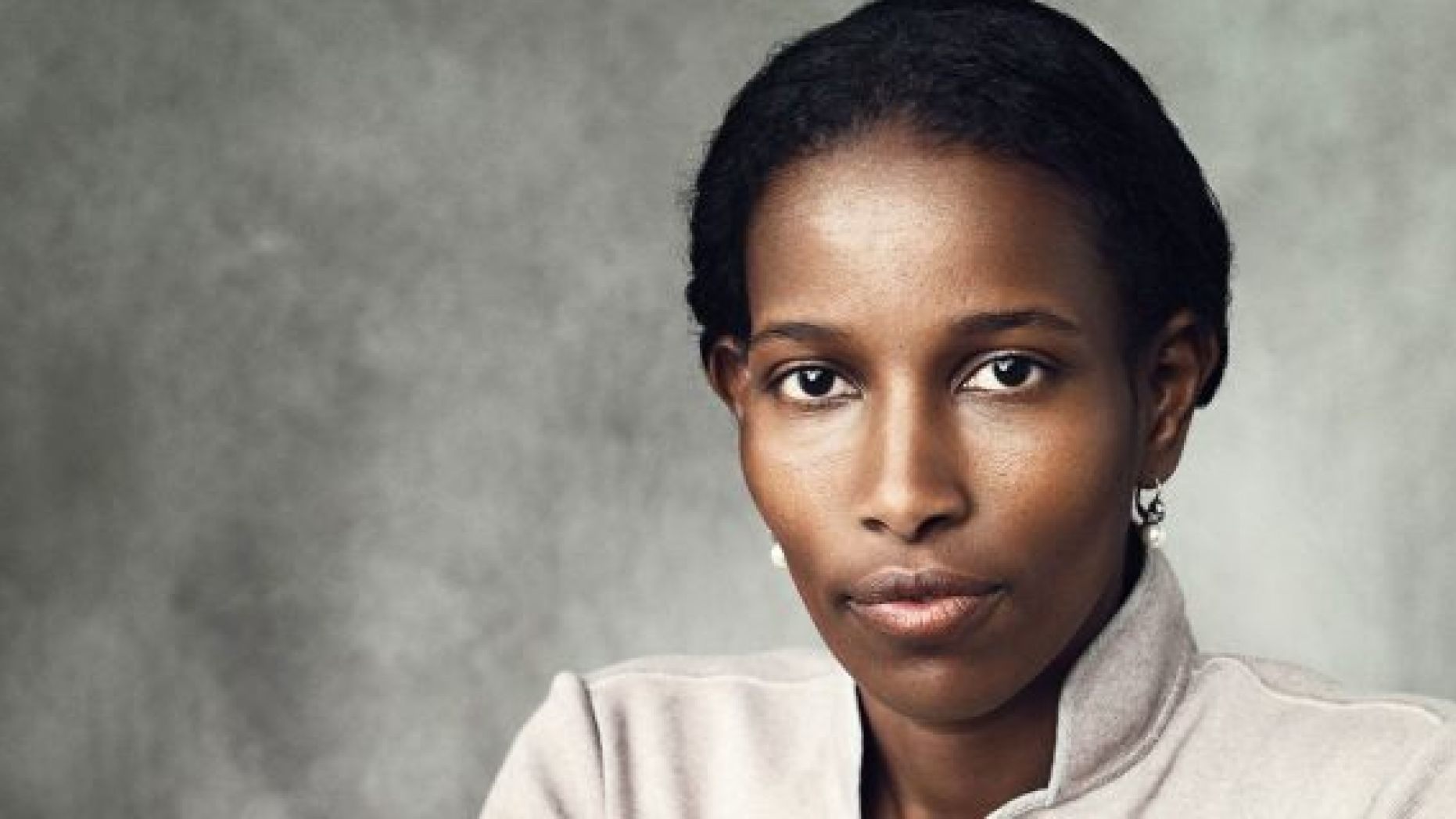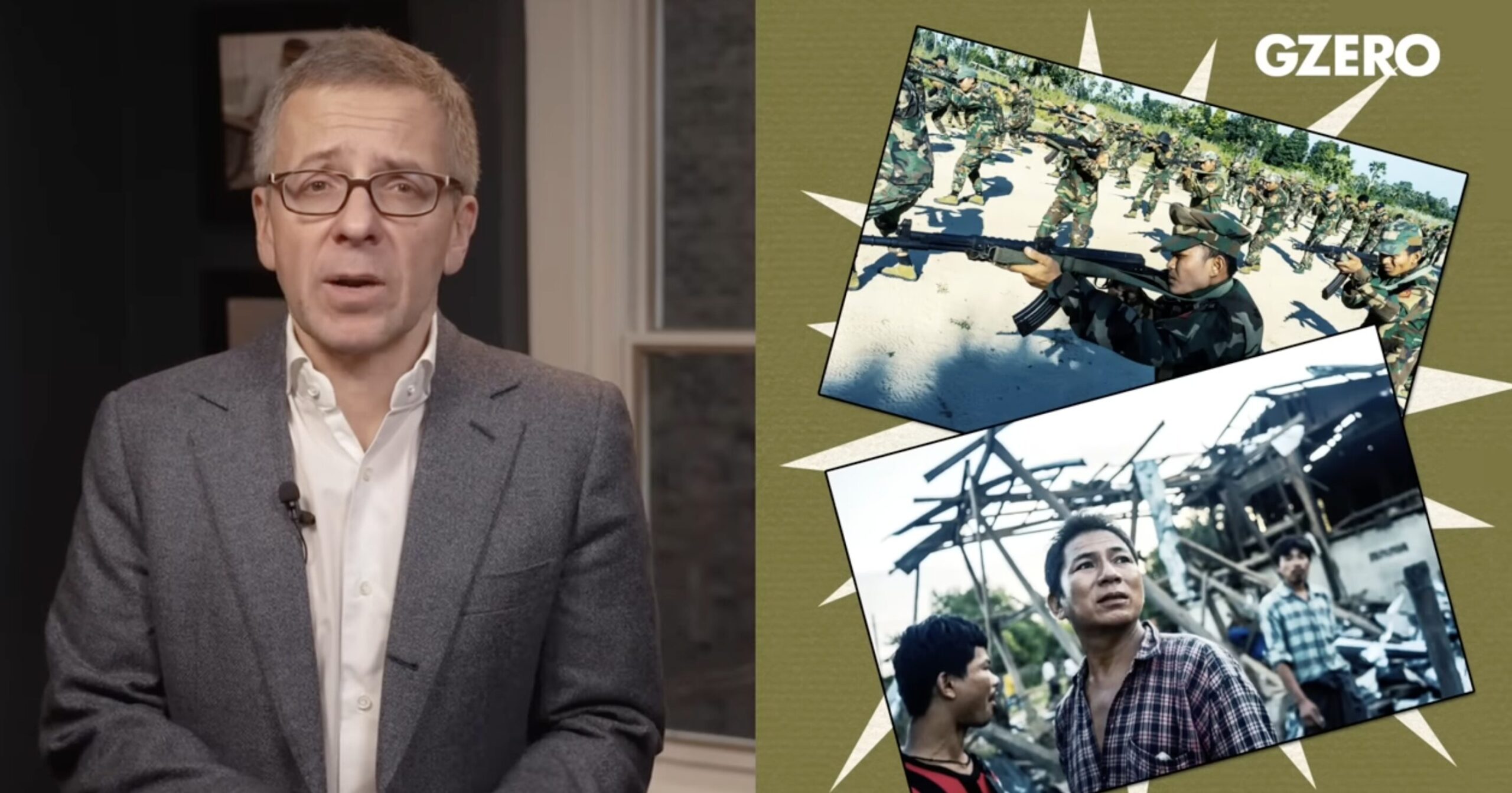
Peter Zeihan: Europe Goes Nuclear
We’ve got two major developments in Eurasia. We’re talking about Ukraine disabling two ships in the Caspian Sea and Poland getting EU approval to build…
Thought Leader: Peter Zeihan

By Ayaan Hirsi Ali (original source Wall Street Journal)
Outrage is the natural response to the brutal killing of George Floyd. Yet outrage and clear, critical thinking seldom go hand in hand. An act of police brutality became the catalyst for a revolutionary mood. Protests spilled over into violence and looting. Stores were destroyed; policemen and civilians injured and killed. The truism “black lives matter” was joined by a senseless slogan: “Defund the police.”
Democratic politicians—and some Republicans—hastened to appease the protesters. The mayors of Los Angeles and New York pledged to cut their cities’ police budgets. The Minneapolis City Council said it intended to disband the police department. The speaker of the House and other congressional Democrats donned scarves made of Ghanaian Kente cloth and kneeled in the Capitol. Sen. Mitt Romney joined a march.
Corporate executives scrambled to identify their brands with the protests. By the middle of June, according to polls, American public opinion had been transformed from skepticism about the Black Lives Matter movement to widespread support. Politicians, journalists and other public figures who had denounced protests against the pandemic lockdown suddenly lost their concern about infection. One Johns Hopkins epidemiologist tweeted on June 2: “In this moment the public health risks of not protesting to demand an end to systemic racism greatly exceed the harms of the virus.”
Although I am a black African—an immigrant who came to the U.S. freely—I am keenly aware of the hardships and miseries African-Americans have endured for centuries. Slavery, Reconstruction, segregation: I know the history. I know that there is still racial prejudice in America, and that it manifests itself in the aggressive way some police officers handle African-Americans. I know that by measures of wealth, health and education, African-Americans remain on average closer to the bottom of society than to the top. I know, too, that African-American communities have been disproportionately hurt by both Covid-19 and the economic disruption of lockdowns.
Click here to read more
Peter Zeihan: Europe Goes Nuclear
We’ve got two major developments in Eurasia. We’re talking about Ukraine disabling two ships in the Caspian Sea and Poland getting EU approval to build…
Thought Leader: Peter Zeihan
Dr. Sanjay Gupta’s Top Health Stories of 2025
From the resurgence of measles to a new way to treat pain, 2025 was a challenge for public health while still offering moments of hope. Sanjay…
Thought Leader: Sanjay Gupta
Ian Bremmer: The state of global conflict in 2025
On GZERO World, Ian Bremmer takes a hard look at the biggest global crises and conflicts that defined our world in 2025 with CNN’s Clarissa…
Thought Leader: Ian Bremmer

